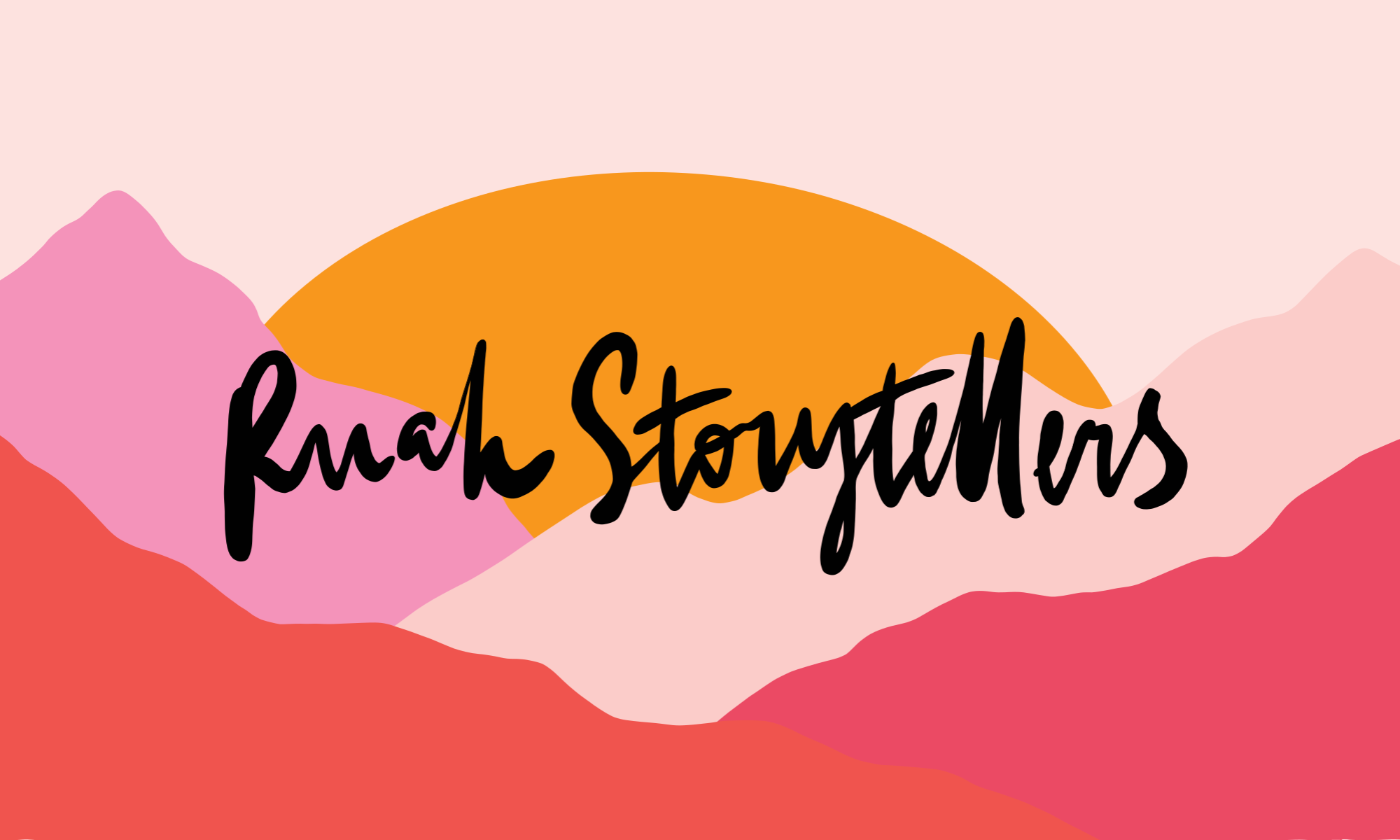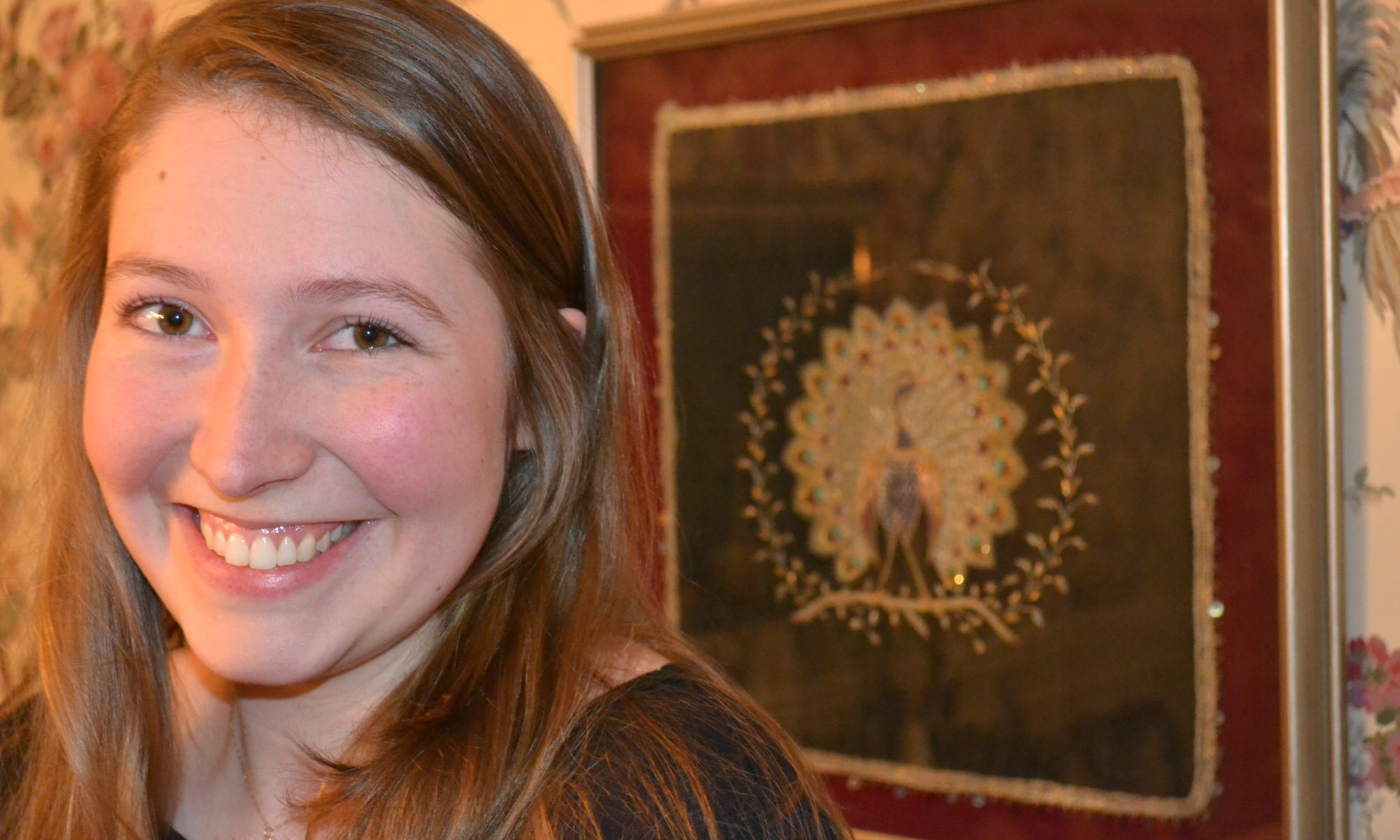When I had flown back to Montreal from Rome four days ago, my phone had stopped working.
I had spent the last months in Italy studying art history. I spent my days stepping out of the heat into cool art galleries with my blank notebooks and pencils. I had bought a new pair of leather shoes that I wore without socks on warm days, and the heels made neat, dull sounds on marble and tile. I wore long cotton skirts; they made me feel older, and like I belonged in Europe.
It had become clear in the last two weeks that I perhaps should not wait until Christmas to come home from Italy for a visit, that it might be urgent. I had gotten a call from my dad. My grandmother’s health was rapidly — irreparably — declining. For as long as I had known her she had kept out of any medical trouble, but she had had a mild stroke. This had led doctors to find a cancer that had already metastasized to her liver. The day after I landed home, my mother drove us to the hospice care center 45 minutes outside of the city. When we walked into the room my grandmother was asleep. I had not seen her in months, and she looked like a sliver of herself under the hospital bedsheet.
My aunt, who had been sitting in the chair near the bed, got up to greet us. “Look at those bare ankles,” she whispered as she gave me a hug. I had hoped she would admire my new shoes. We sat, the three of us, making small talk; we filled each other in on how much she had eaten, on the small regressions in her ability to talk and her disposition. We watched my grandmother’s eyes open slowly.
She saw me, and smiled, and said, “Hello Laura.”
My next visit to the hospice center was three days later. My mother’s workload had been piling up in recent weeks, and she lent me her car to go spend a few hours with my grandmother. I wasn’t sure I’d be able to find my way there on my own. My phone was still not working, so I wouldn’t be able to rely on Google Maps to dictate directions to me from the cupholder. I wrote down the directions to the hospice center in a lined notepad and chucked the notepad onto the passenger seat. It was November. My woollen coat and woollen scarf felt heavy on my shoulders and I slouched as I drove.
It was nearly dinner time when I arrived, and a volunteer came to the room with a tray of food. Just about old enough — and chirpy enough — to be recently retired, I thought. She asked if I felt comfortable feeding my grandmother myself. I hesitated long enough that she offered to do it herself, if I preferred. I nodded. I had fed patients at a geriatric hospital as a teenager, fulfilling the required hours of volunteering for my high school curriculum. On the volunteer training day at the geriatric hospital, I had sat in the meeting room keen and eager to please. I took the patients to activities around the building in their wheelchairs, and made small talk with them, and delighted when they remembered me from week to week. Now I was mute, and holding up a spoonful of ice cream to my grandmother’s lips seemed an impossible task.
“Are you from around here?” The volunteer had had no luck feeding my grandmother any soup, and was moving on to the little tubs of pudding and ice cream on the tray.
“I’m from Montreal,” I said. “45 minutes west of here.”
“You must’ve gotten a lift out here then.”
“Oh, I drove,” I said.
“You drove?” she asked. “How old are you?”
“Twenty-three,” I said.
“Gosh, I thought you were much younger than that.”
After a few spoonfuls my grandmother turned her head away from the little tub of ice cream, closed her eyes and drifted back into sleep. Until today, in my memories of her, I often pictured her standing in her kitchen. Her cheeks were full, and always flushed, as if she had just walked in out of the cold. I sat with her now. I had brought a book but could not read. The lights were dimmed, and my grandmother slept, but I couldn’t bring myself to close my eyes for a nap. At eight, I slid out the door and crossed paths with my aunt in the hallway. It was her turn to keep vigil for a few hours.
On the way home, I tried to follow my own hand-written instructions in reverse order, but made a wrong turn off the road just as I had made it back onto the island of Montreal. It was dark, and I couldn’t read street names, and I really wasn’t sure what direction I was heading in anymore. I pulled into a Tim Hortons parking lot. I ordered a coffee, even though it was well into the evening, and a donut. I sat by a darkened window and ate the donut, bite after bite, not tasting anything.
All the things I remembered my grandmother doing for me when I was little, she must have done for my mother and my aunt too. She picked carrots for us from her garden and cooked them for our dinners. She poured cold water in our bowls of soup when it was hot enough to burn our tongues. She gave us flat soda when our stomachs ached. If we couldn’t sleep she’d appear in bedroom doorways
to offer cures for our restlessness — say your Hail Marys now until you go to sleep.
My coffee was still hot. I wiped sugar off my fingers with a napkin, and wrapped my woollen scarf around me again, and walked up to the counter, my boots shuffling across the tile. “Excuse me,” I said, “would you be able to give me directions?”
Catherine Barnwell is a historian living and working in Montreal. She spent the last two years studying in Ireland, where she earned her master’s degree in 2019. She is now back in her home parish in Montreal, and reacclimating to Canadian winters. You can reach her onInstagram at @dearflannery.

